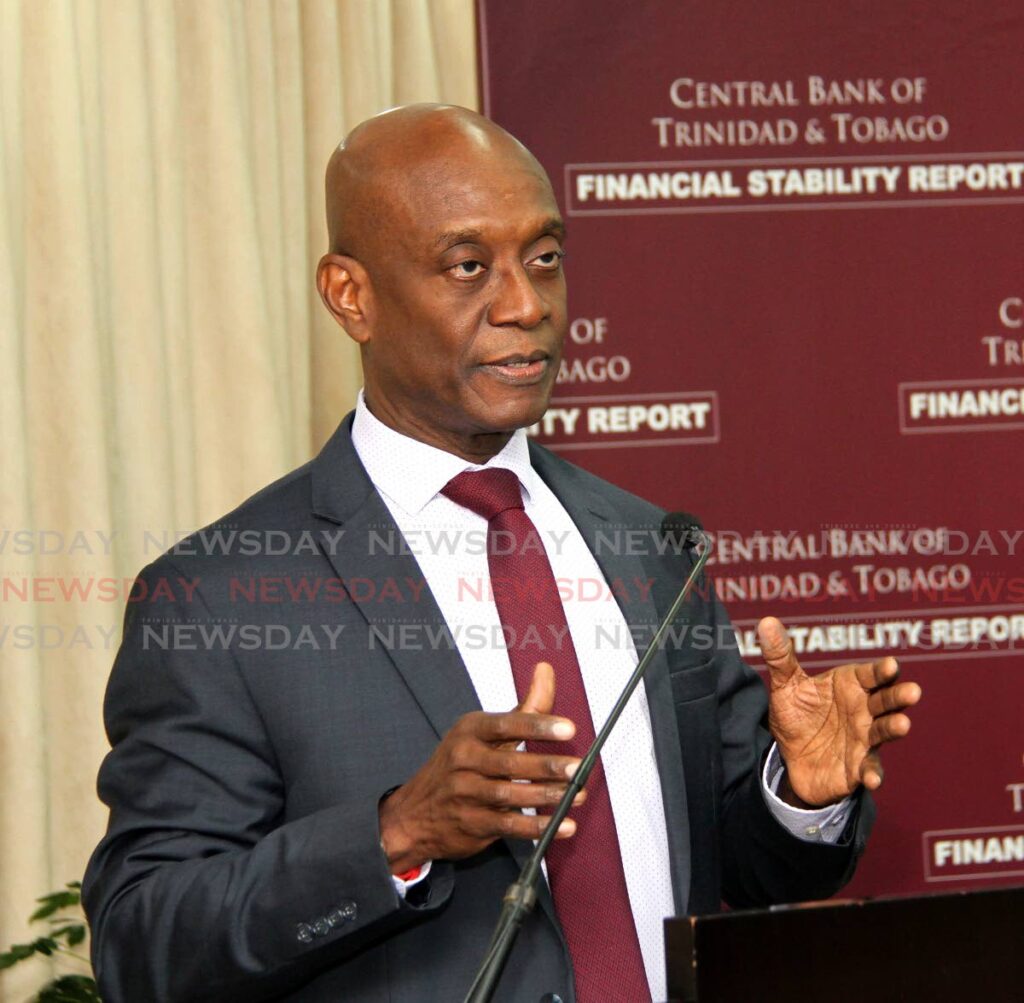Fintech, when?

AT A meeting of Parliament’s Joint Select Committee on Finance and Legal Affairs, Central Bank Governor Dr Alvin Hilaire offered last week a picture of cautious governance of the country's engagement with financial technology (fintech).
Dr Hilaire summarised fintech as allowing the rapid movement of funds, but could identify no commensurate vigour in moving forward this country’s engagement with the technology.
He described, instead, a central bank that was still coming to grips with the speed of financial engineering enabled by fintech regimes.
The Central Bank carries out financial literacy education (though more is clearly still needed), but champions no simple, direct local applications of fintech.
Does it have a think tank dedicated to designing the architecture for enabling a fintech-driven economy?
Does it pursue a results-oriented working relationship with TT International Financial Centre or the FinTechTT group, both of which are dedicated to expanding the scope of early efforts at introducing electronic transactions?
Is there a road map for the growth of a fintech economy and the Central Bank's role in enabling this fundamental change in the local financial landscape?
These are legitimate questions.
In May 2021, the Eastern Caribbean Central Bank (ECCB) launched its DCash digital currency, a regulated digital equivalent to the EC dollar.
The work that led to DCash began with the ECCB's five-year strategic plan, which began in 2017. TT has been talking about fintech, apparently idly, for far longer than that. But there is a difference between talking about something because it sounds modern and actually doing something about it.
Dr Hilaire pointed to the theft of 1,836 social welfare cheques from the post office as being an example of an incident that gets the public's attention – but has it led to any corrective action?
It's one thing to talk about the problems that elders have with the banking system and their entrenched habit of lining up to cash cheques, but replacing these antiquated systems with modern, readily understood technologies should be a motivation for the Central Bank, the banking sector and the Government, not merely a lamentation.
Implementing fintech, as with digital transformation, is something that’s more effectively demonstrated than explained, but there remains a dearth of practical applications.
The Digital Transformation Ministry's plan to make a model city for technology adoption in Arima is a step forward, but will only be demonstrably meaningful when there something tangible to show for all the talk ventilated on the subject.
The Central Bank's approach to implementing practical fintech solutions is beyond cautious. It is timid and slothful in the face of regional successes and the pace of global technology development and adoption. Dr Hilaire must lead this change from the front.

Comments
"Fintech, when?"